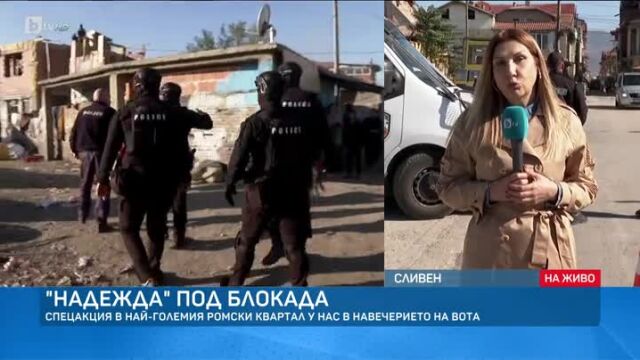On Saturday, March 23, 2024, the first round of presidential elections took place in Slovakia. Voters chose from nine candidates. Voter turnout was at almost 52 percent. The winner of the first round was Ivan Korčok (independent candidate), with over 42 percent of the votes, Peter Pellegrini (Voice) with 37 percent was second. The nationalist Štefan Harabin came third (11.7 percent), and almost 3 percent went to the chairman of the Hungarian Alliance, Krisztián Forró. He won first place in two districts in the south, in Dunajská Streda and Komárno. These are districts with a significant Hungarian minority, but part of the population is also made up of Hungarian-speaking Roma.
Igor Matovič, leader of the Slovakia movement (formerly OĽaNO), won only 2.18 percent of the vote. Part of his movement is also the Roma platform Pačivale Roma, which is represented by father and son Pollák. Matovič received higher support in the districts of Bardejov, Sabinov, Levoča and Kežmarok, i.e. districts with a higher proportion of Roma, where the Pollák come from. It can therefore be assumed that he was elected by the Roma in the settlements.
The second round of the presidential election will take place on April 6, with more than 4.36 million eligible voters eligible to participate.


